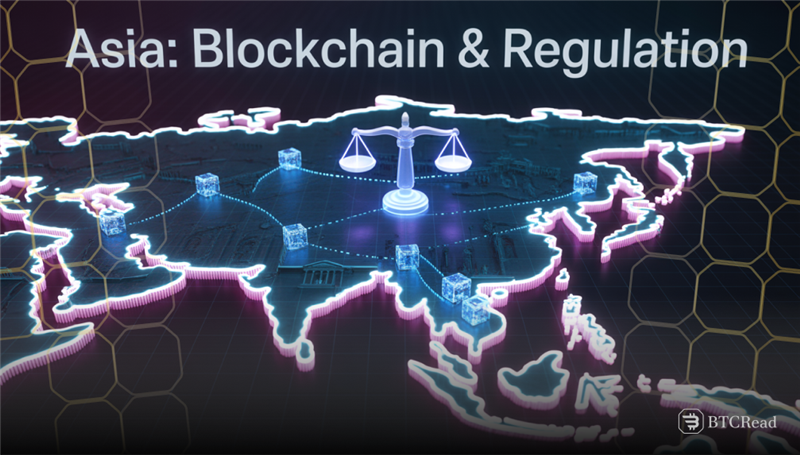Asia’s crypto world saw big developments from May 19 to 25. Bybit launched a new feature allowing users to trade stocks of top global companies using USDT.
This broadens their Gold & FX product suite to 78 quality stocks from technology, automobile, energy, and e-commerce segments. Stocks, gold, oil, indices, and forex can be traded from Bybit’s platform using USDT.
India’s Supreme Court called out the government for postponing regulation of cryptocurrencies. It labeled a complete crypto ban impossible and asked for rules to be brought about promptly.
The government’s inaction created a dangerous environment for abuse, according to the court, which labeled ignoring the problem as “turning a blind eye.”
Asia tightens crypto rules: courts, PDAA, KYC/AML
Pakistan created a Pakistan Digital Asset Authority (PDAA) to supervise exchanges, wallets, stablecoins, and DeFi. PDAA will also endorse compliant Bitcoin mining and tokenization of assets. The new move seeks to provide precise legal guidelines to foreign and local investors. The Financial Services Commission in South Korea will strengthen KYC and AML regulations from June 2025. Non-profits can now dispose of donated crypto, while exchanges can also liquidate crypto assets from fees.
Exchanges and banks need to intensify due diligence checks for new clients’ funds sources and transactions. The FSC would oversee money laundering by banks and CEOs. The DAXA and Korean Bankers Association are going to issue rules shortly. The FSC intends to enable listed companies and professional investors to trade at exchanges later this year while enhancing AML regulations.
China’s Cyberspace Administration clamped down on accounts providing misleading stock information and hyping up crypto. Several accounts and websites were closed for unlawful stock tips, untrue rumors, and promotion of offshore exchanges. This follows coordinated moves with finance regulators.
Crypto trends shift: retail drops, institutions invest.
A survey in Singapore reported 94% are aware of crypto, yet ownership fell from 40% to 29%. The most popular remains Bitcoin, with 68% holding. The majority prefer direct cryptocurrency holding compared to ETFs.
Japanese company Metaplanet bought 1,004 more bitcoins, totaling 7,800 bitcoins worth about $105 million. Indonesian fintech DigiAsia plans to raise $100 million to buy bitcoin and invest up to 50% of future profits in more bitcoin.
It seeks to generate returns through staking and lending and can issue crypto-related financial products. OTC trading at Hong Kong’s HashKey Exchange surged by a record 400% year-on-year in Q1. Daily trading volumes exceeded $100 million.
JD Coin Chain CEO Liu Peng stated JD Stablecoin, pegged at a 1:1 rate to currencies such as HKD and USD, embarked on phase two sandbox tests. It aims at cross-border payments and use in retail, partnering with compliant exchanges and testing payment infrastructure in Macau and Hong Kong.







